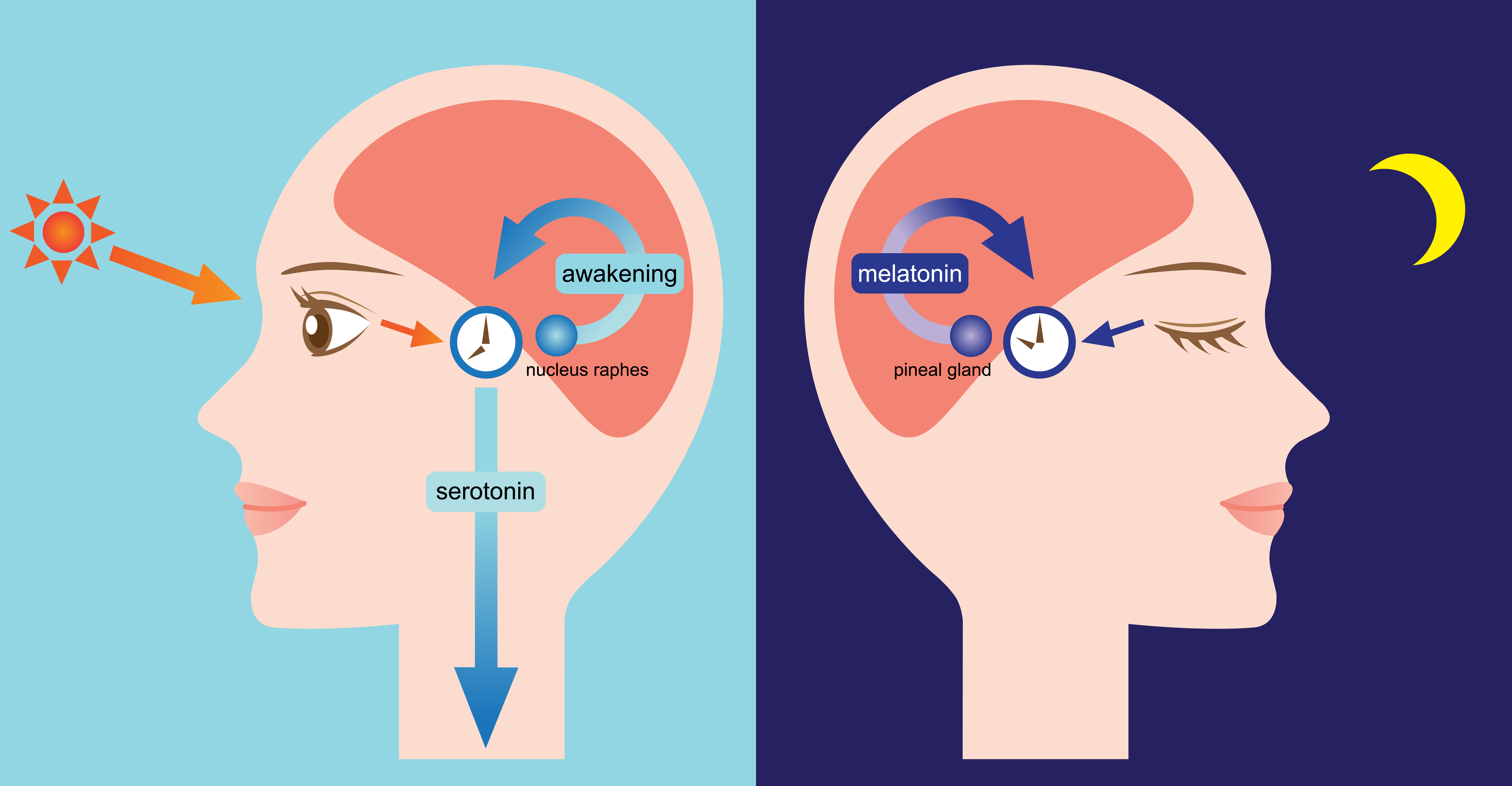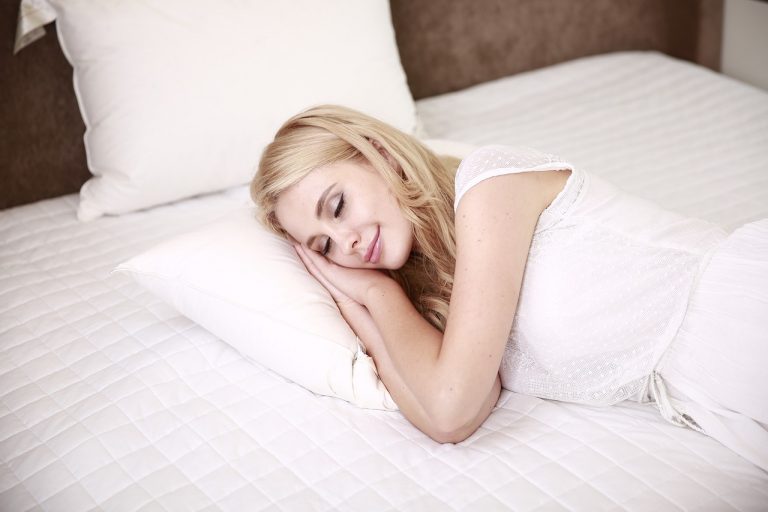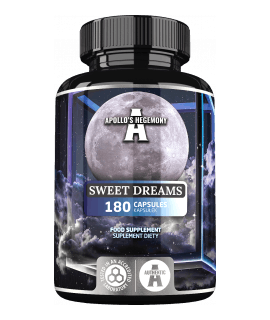Buying a new car is for many days, weeks, and even months of thinking and searching for the model best suited to your needs. After the purchase, we take care that our means of transport served us the best - we submit it to regular technical inspections, invest in various types of care products, we look for ways to increase its capabilities and economize work. This is not surprising, we spend many hours in it in the end.
Sleep and dreams - basic information
On the other hand, the activity to which we devote about 30% of our entire life, or sleep, is generally treated marginally. When we are sleeping, we go to bed, if we have done all day duties. If not, we fight drowsiness with another portion of caffeine and, after dealing with urgent things, we lay down to sleep. We do not pay attention where, only the piece of the mattress, the quilt, the pillow and the relative peace count. We do not sleep long, the next day you have to get up in the morning to work. And everyday. If our body was a car, one day we would stand in the middle of the highway. However, we have compensatory mechanisms, from which we squeeze the absolute maximum, unknowingly leading to a health ruin.
Such a lifestyle is manifested by the vast majority of society. The consequences of such behaviors are the growing problems related to night rest. Every tenth Pole does not sleep for six hours a day, every other sleeps less than 6 hours a day at least once a week. The problem is not only too short sleep, but also its quality. Difficulty falling asleep and the depth of sleep is recorded in as many as 63% of people under the age of 25.

The first symptoms of low-value sleep are visible already on the day after a bad night. The cognitive functions deteriorate, the motor coordination is far from ideal, problems can also occur at the level of social relations. Subsequent nights with disturbed sleep are associated with overlapping problems from all systems. Regenerative processes, secretion of hormones, functions of the digestive system, immune system's ability are disturbed. Physical capacity is dramatically decreasing, and anabolism becomes impossible. Cortisol concentration increases, muscle mass decreases and fat tissue appears in its place. It is also the first step towards depression and other mental disorders.
In the face of frustration growing as a result of another sleepless nights, we generally look for quick, effective solutions. First, dietary supplements go in, then over-the-counter drugs, chaotic attempts of hormonal therapy (seen as an innocent Melatonin supplement is a synthetic form of the hormone), we end up in the doctor's office after a prescription for sleeping pills, from which it is easy to get addicted. In most cases, however, minor changes would be enough that draw on the natural potential of our body.
Circadian rhythm
To understand the etiology of sleep problems, one should start by learning the term of the circadian rhythm. Almost everyone has heard about it, but not many of us realize its importance and huge impact on the functioning of the system every day. The essence of the subject is so significant that for the molecular explanation of the basics of regulation of the circadian cycle in 2017, Jeffrey C. Hall, Michael Rosbash and Michael W. Young were awarded the Nobel Prize in medicine and physiology.

To best understand the functioning of the circadian rhythm, it is worth looking a few thousand years back when the only source of artificial light for people was fire, and daytime activity was determined by sunrise and sunset. Thousands of years of functioning in this way have left a clear impression stigma on the regulatory mechanisms of the human body. With regard to the optimization of the circadian rhythm, the secretion of two hormones: serotonin and melatonin will be crucial here. In a big simplification, the first of them is responsible for daily activities, and the second for night rest. Based on analogies with prehistoric times, it will be easier for us to understand some of the patterns that the body uses to adapt the physiological processes in it to the time of day.
Look at the problem comprehensively
In an ideal situation, activities from the whole day should match the natural, physiological life cycle of a human. However, this requires not only exploring the theory of the circadian cycle, but also a good understanding of your own body and the possibility of any organization of time, which few of us can afford, so work on sleep let's start with changes in the period immediately before falling asleep.
First of all: light
In the first place among the enemies of undisturbed sleep are undoubtedly all kinds of displays. They generate blue light, disturbing the body's natural regulatory mechanisms. Let's go back to the life of our ancestor. When it was dark, its source of light (and at the same time protection from wild animals) was fire. For thousands of years, our body has become accustomed to the dominance of warm colors after dark, associates them with the approaching time of sleep. Artificially generated by monitors all kinds of blue light with a short wavelength disturb this uniformity, limiting the secretion of melatonin through the pineal gland. Therefore, the first step we should take towards better sleep is to reduce exposure to blue light. Ideally, it should happen with the sunset, but such behavior is virtually impossible in the 21st century. Therefore, it is recommended to put away all devices for a minimum of one and a half hours before falling asleep. This limitation will allow our body to be released from the stimulating influence of blue light and to work with the pineal gland as much as possible in accordance with physiological assumptions.
When for various reasons we are unable to put down the electrical devices before going to sleep, it is worth using artificial forms of limiting the absorption of blue light. The most effective method in this field are various types of filter glasses that reach the light spectrum reaching our eyes. It is also worth using applications that limit the emission of blue light by displays such as f.lux or Twilight. What is more, operating system builders also install night display mode in operating systems (however, so far, external applications perform better in this field than automatic modes that are a compromise between limiting the emission of blue light and minimal loss of aesthetic appearance). Using tools that allow you to limit the blue light is also a good way to get closer to the ideal situation of its reduction from dusk.
Feel the dream coming
Our model ancestor after dark performed only minor activities, not requiring large amounts of force (which after the day of struggle for survival was not much). He dealt with his immediate surroundings, spent time with his family, preparing for the next morning. This pattern of behavior has been coded for our species, so we should give up engaging activities late in the evening. Before going to sleep, limit any intense stimuli, turn off the sound sources, turn off Outlook with your work mail. Take this time for yourself, your surroundings and your loved ones. Mute, release, subtly enter the pre-sleep period. This is the perfect time to do light household chores or play with children.
Evening relaxation should not be disturbed by notifications coming from all devices connected to social media (which every day is more and more - LG last year presented a refrigerator that connects to Facebook). Turn off all devices calling you, set aside the phone, log out of social media. Limit the stimuli to which your brain is exposed. Give him a sense of peace that is necessary to fall asleep. Get used to your body that with the dark it can turn off the standby mode and calmly fall into a deep, unsettled sleep.
As you can see, we have devoted a considerable piece of text, and we have not even reached the moment we enter the bed. The subject of sleep hygiene is very extensive and extremely important, because it translates into all levels of functioning in everyday life. In order to present the problem as comprehensive as possible, individual aspects of taking care of the night rest will be discussed in subsequent articles, which will soon appear on the blog.









